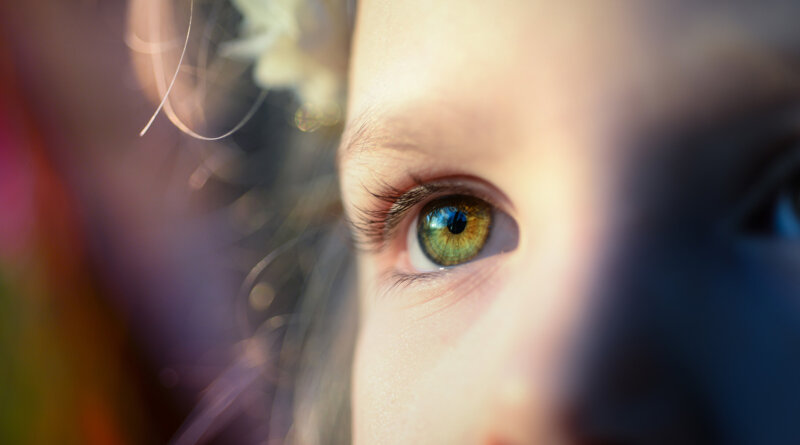Largest-Ever Study Ties Over 100 Genes to Autism
[ad_1]
THURSDAY, Jan. 23, 2020 (HealthDay News) — More than 100 genes appear to be involved in autism spectrum disorders (ASD), according to the largest genetic study of the condition to date.
The study, involving over 50 centers around the globe, identified 102 genes associated with ASD — including a few dozen that had not been recognized before.
Some of the genes are also associated with intellectual disabilities and developmental delays, the researchers said. But others are unique to ASD, and appear related to the social difficulties that mark the disorder.
Knowing the genes involved in ASD will help researchers better understand the causes and possibly develop new drug therapies for children with severe impairments, said senior researcher Joseph Buxbaum.
“Autism exists on a spectrum, and many people wouldn’t need any new, targeted drug therapies because they’re doing fine,” said Buxbaum, who directs the Seaver Autism Center for Research and Treatment at Mount Sinai, in New York City.
But for children who are profoundly affected, he said, there could be promise in the “precision medicine” approach — treatments that are tailored to individuals based on their characteristics, like the genes they carry.
ASD is a brain disorder that affects social skills, communication and behavior control. In the United States, it affects one in 59 children, according to the U.S. Centers for Disease Control and Prevention.
The disorder is complex and varies widely from one person to the next. Some children have milder problems with socializing and communicating, while others are profoundly affected — speaking little, if at all, and getting wrapped up in repetitive, obsessive behaviors, for example. Some children with ASD have intellectual disabilities, while others have average or above-average IQs.
Experts have long believed that a combination of genetic susceptibility and environmental exposures conspire to cause ASD — but genes are the bigger factor. A recent study, of about 2 million people, estimated that genes account for 80% of the risk of ASD.
But the precise genes will vary among individuals, experts say.
“We realize that large studies like this — as well as even larger ones — will be needed to truly understand why we say, ‘If you have seen one person with autism, you have seen one person with autism,'” said Dean Hartley.
[ad_2]
Source link




